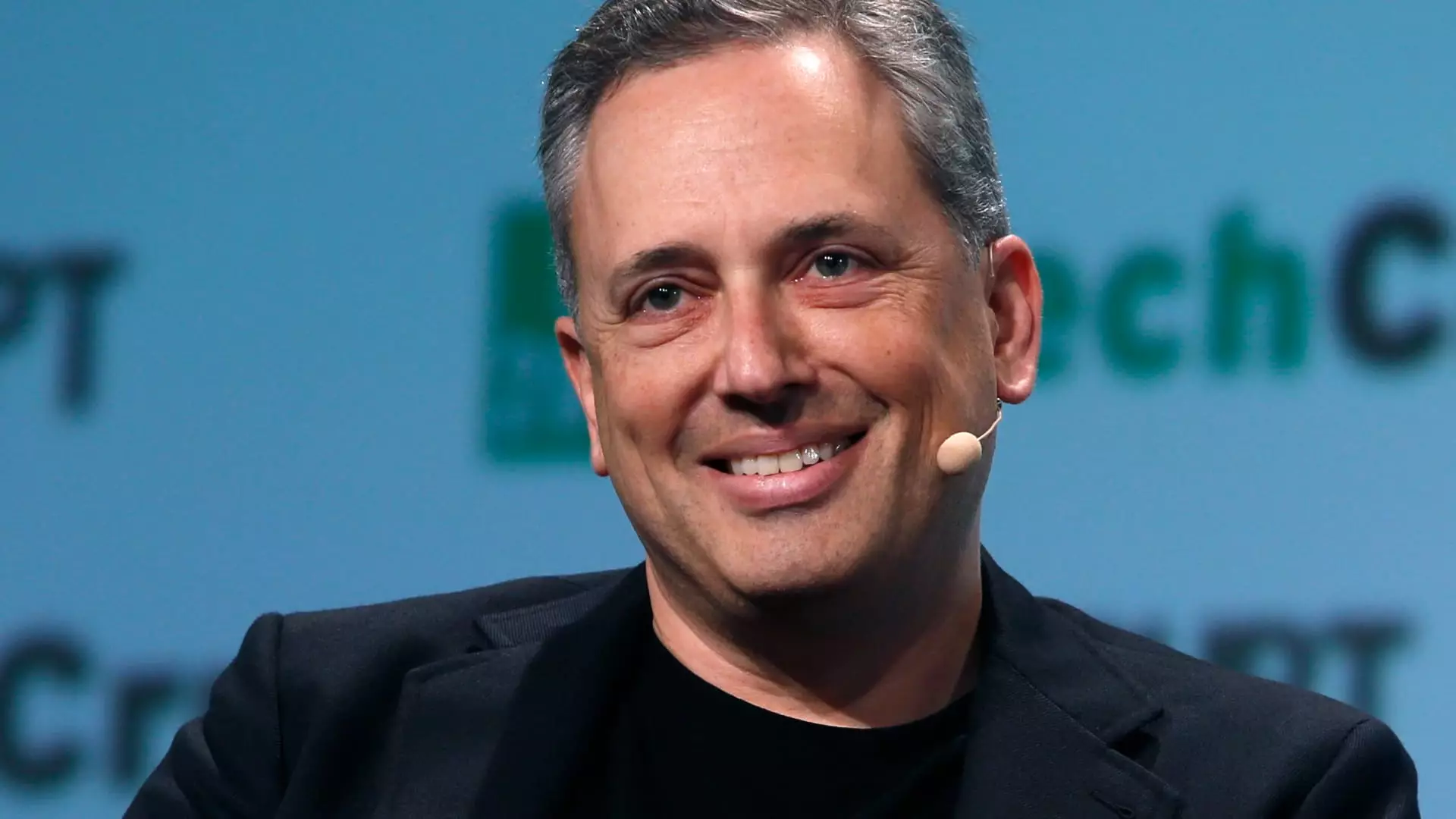In a striking decision, President-elect Donald Trump has named venture capitalist and prominent figure in the tech industry, David Sacks, as the “White House A.I. & Crypto Czar.” This announcement, made on Truth Social, positions Sacks at the forefront of shaping the administration’s policies surrounding innovative arenas like artificial intelligence and cryptocurrency. As digital landscapes evolve, having such a knowledgeable advocate could define the future trajectory of tech regulations and entrepreneurial freedoms in America.
With a clear mandate, Sacks will oversee the establishment of a legal framework designed to bring clarity and structure to the cryptocurrency sector. This role extends beyond regulatory oversight; it includes spearheading the creation of an advisory council that will blend scientific insight with technological advancement. The primary goal behind these initiatives, as underscored by Trump, is to ensure that the United States maintains its status as a global leader in both artificial intelligence and cryptocurrency innovations. For an industry that thrives on progress and disruption, Sacks’ appointment may signal a more supportive environment for tech entrepreneurs facing challenges from regulatory scrutiny.
The move to recruit Sacks reflects a broader strategy by the Trump administration to align itself with influential figures from Silicon Valley. This alliance is essential not only for uniting traditional Republican values with modern tech-centric visions but also for countering sentiments of bias and censorship often attributed to big tech firms. Trump has indicated that Sacks will advocate for the sanctity of free speech online, which could appeal to many in the tech community who have felt marginalized in contemporary discourse.
Interestingly, Sacks’ journey to this pivotal role has not been without its contradictions. Earlier this year, he was a vocal critic of Trump, laying blame at the former President’s feet for the January 6 Capitol riots and suggesting that Trump’s actions disqualified him as a contender for national leadership. However, in a notable shift, Sacks has emerged as a pivotal supporter, even hosting a high-dollar fundraiser for Trump at his luxury San Francisco residence. This evolution from skeptic to supporter prompts questions about the motivations behind such a transformation, raising issues around loyalty within the political and commercial spheres.
Sacks’ pedigree as a successful venture capitalist, notably through his sale of Yammer to Microsoft, places him in a unique position to influence both tech innovation and economic policy. His connection to the so-called “PayPal mafia”—a cadre of influential tech entrepreneurs—underscores a network rich in resources and innovation. This collective brings together visionaries like Elon Musk and Peter Thiel, suggesting that Sacks could mobilize a powerful coalition capable of advancing fresh, groundbreaking initiatives.
As David Sacks steps into his role, the implications for both the tech industry and the political landscape could be significant. His success will depend on navigating the complexities of regulatory pressures while fostering an environment ripe for innovation. Balancing the interests of various stakeholders will undoubtedly be a challenge as the administration seeks to position the U.S. as a leader in the technology realm amidst global competition. Observers will be keenly watching how Sacks’ influence unfolds in this dual capacity, marking a new chapter in the intersection of technology and government policy.

